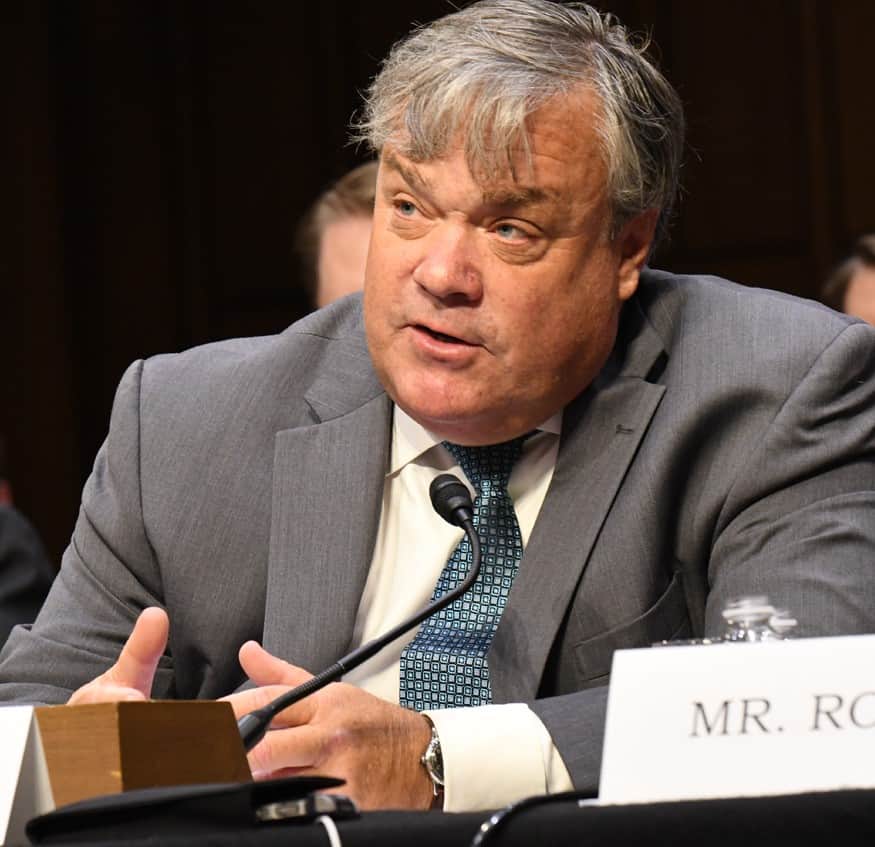Steep reductions in containership sailings over the next several months due to the ongoing coronavirus pandemic have many U.S. marine terminal operators wondering how they are going to afford their annual lease payments to port authorities.
The country’s nearly 100 large and small container terminals are on some of the priciest industrial property. According to industry experts, terminal operators in the Port of New York and New Jersey annually spend about $90,000 per acre as port authority tenants, while that number jumps to about $100,000 per acre per year for those operating in the California ports of Los Angeles and Long Beach.
These operations are also significant employers. The Alexandria, Virginia-based National Association of Waterfront Employers (NAWE) estimates that the nation’s marine terminal operators generate more than 40 million man-hours annually, and each has between 300 and 1,000 additional direct employees on the payroll.
Lease amounts are generally predicated on annual average container throughput of the marine terminals. In recent years, container volumes within the U.S. ports have remained sustainable, allowing terminal operators to pay their leases and invest in new equipment and longshore workforce development.

Some analysts now predict the hundreds of blank sailings that container carriers expect in the months ahead will cause collective losses of $23 billion, or more than 20% compared to 2019, by this year’s end for U.S. marine terminal operators.
“The global pandemic has given [marine terminal operators] a one-two punch this year,” said NAWE President Lauren Brand in an email to American Shipper. “Blank sailings resulted in reduced volumes, activating minimum throughput guarantee clauses in land-lease agreements, which raise immediate expenses during a dramatic reduction in income.”

In addition, she said COVID-19 safety measures to protect waterfront employees have further increased overhead costs for marine terminal operators.
Marine terminal interests have pointed out this concern to the U.S. Federal Maritime Commission (FMC) through the agency’s recently launched Fact Finding 29 Supply Chain Innovation Teams. These teams allow industry representatives to identify pandemic-related pain points in container shipping to the FMC.
On Friday, FMC Commissioners Carl Bentzel and Louis Sola sent a letter to the leadership of the Senate Commerce and House Transportation and Infrastructure committees asking them to address this “financial gaps” anticipated by the nation’s marine terminals during the pandemic.
“We have specific concerns about the abilities of the United States marine terminal operators to continue operating considering their leases and other contractual commitments to local port authorities,” the commissioners wrote.
“It is our understanding that marine terminal operators have tried to engage with their port authority landlords to discuss the financial impacts of drastic reductions of cargo on lease economics,” they said. “To date, however, little progress has been made to help adjust lease payments considering market conditions.”

In a telephone interview with American Shipper, Bentzel said the marine terminal operators will probably sustain current container volume losses if they only last another month or two. However, if those losses continue for another three to four months, he warned that many terminal operators will not be able to cover their lease payments this year.
Marine terminal operations have been deemed vital industries to keep open during the COVID-19 pandemic. However, unlike the domestic airlines, no financial aid has been set aside for these entities.
“It should be in the national interest to protect their continued existence and prosperity both to support the industrial base and to ensure that strategic assets continue to operate,” Bentzel and Sola told Capitol Hill lawmakers.

[Photo credit: U.S. Federal Maritime Commission]
“We understand that there may be impediments that will preclude or limit the ability of terminals to use existing relief funds,” the commissioners said, but urged lawmakers to “consider a means to help alleviate and bridge the financial gaps that could jeopardize continued healthy operation of our domestic marine terminal industry and of our maritime transportation system.”
NAWE’s Brand suggests Congress establish a grant reimbursement program for marine terminal operators and stevedoring firms to cover the expense of protecting workers against COVID-19’s spread.
“A short-term grant program for the coming 12 months will give them a chance to provide a safer workplace, while they stay on the front lines of moving cargoes,” she said.










